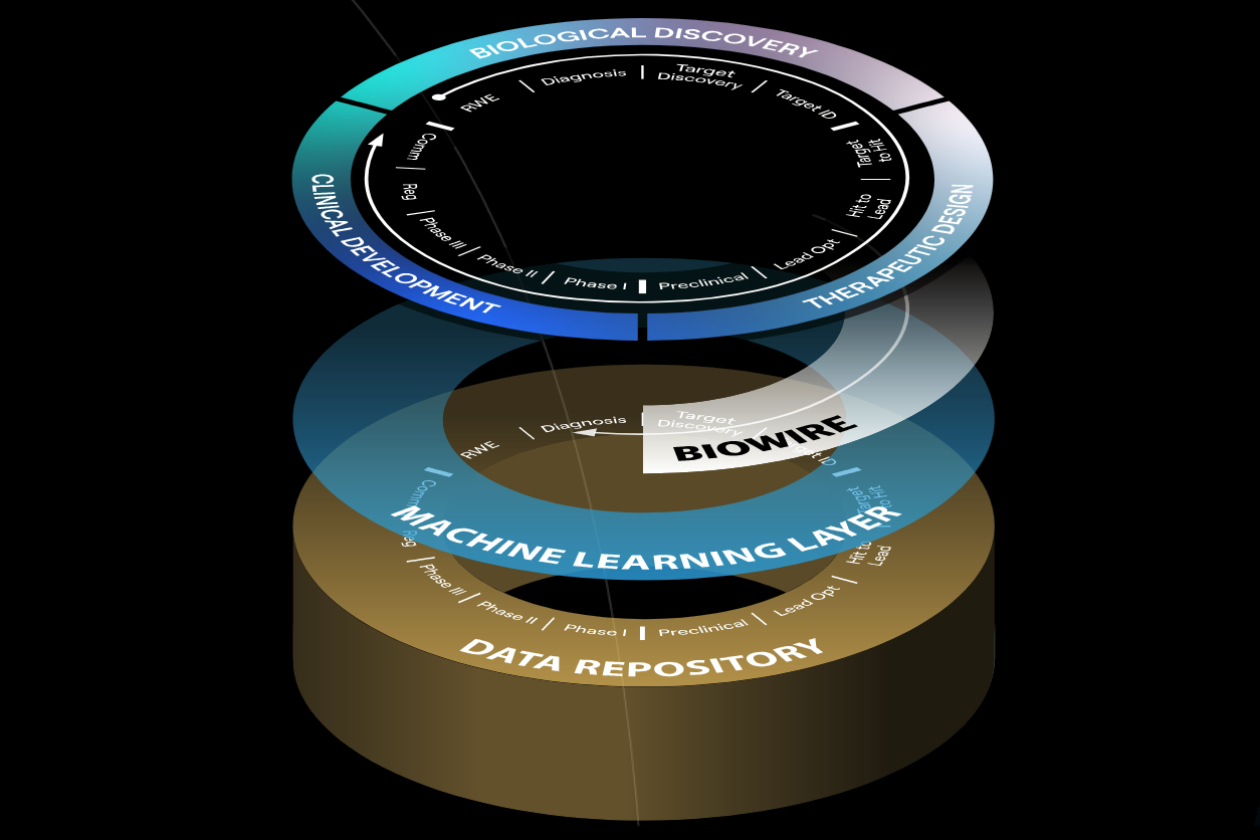Novo Nordisk and Valo Health Expand AI Collaboration for Cardiometabolic Drug Discovery
Novo Nordisk has deepened its partnership with Valo Health, increasing the scope of their collaboration to include up to 20 drug programs targeting obesity, type 2 diabetes, and cardiovascular disease. Valo will receive $190 million in upfront and near-term milestone payments, and could earn up to $4.6 billion in milestone payments, plus research funding and royalties.
The expanded agreement follows a 2023 collaboration that focused on 11 cardiovascular programs and included $60 million in upfront payments, alongside potential milestones of $2.7 billion. The current expansion of collaboration follows a Phase 2 trial setback for Valo in diabetic retinopathy.
While Novo Nordisk has recently explored opportunities in broader metabolic diseases, such as liver and kidney conditions, the expanded agreement concentrates on the company’s core areas: obesity and type 2 diabetes. This aligns with Novo’s strategy to grow its cardiometabolic portfolio, addressing overlapping disease mechanisms in related conditions.
Leveraging AI and Human-Centric Models
Valo’s Opal platform integrates real-world patient data, human tissue models, and machine learning to support drug discovery and development. Designed to span the process from target identification to clinical trials, Opal incorporates data from proprietary, publicly available, and generated sources to build predictive models. These models are intended to anticipate disease progression, evaluate drug performance, and guide study design based on biological insights.
See also: Publicly Traded Biotechs Utilizing AI-based Research Platforms
The platform combines computational tools with experimental capabilities, such as Biowire technology, which generates human-relevant tissue models for preclinical testing. This approach is described as enabling a better understanding of drug mechanisms and responses before clinical trials.

Valo's Opal Computational Platform; Credit: Valo Health
According to Valo, Opal’s iterative structure allows each stage of the development process to inform subsequent steps, potentially reducing inefficiencies and refining predictions over time. While positioned as a tool for more precise and efficient therapeutic development, the full scope of its impact remains tied to ongoing results.
Topics: Novel Therapeutics